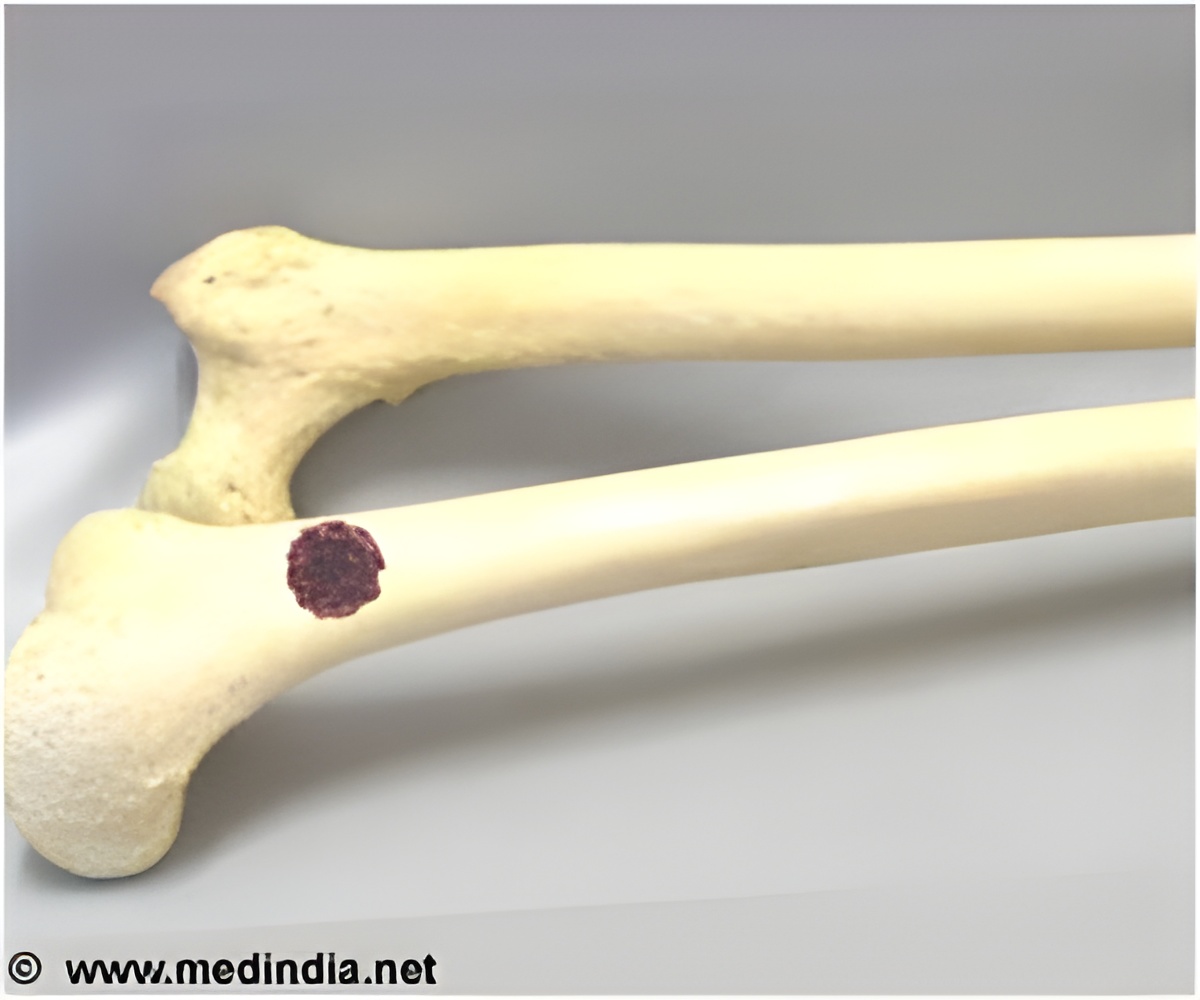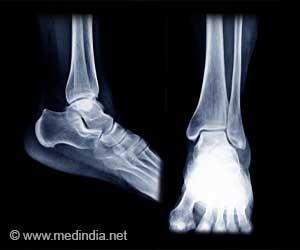Treatment with the new antibody in addition to the traditional treatment will enable us to save more bone tissue for reconstruction and thereby prevent amputations.

‘When osteosarcoma (OS) in mice was treated with the new antibody, researchers could block the micro processes OS cells use to degrade the bones and thereby effectively protect the bone tissue.’





When cancer cells from eg: breast or lung tumors invade the bones through metastasis, the bone tissue is degraded. Metastasized cancer cells then stimulate other cells in the bones to degrade the bone tissue, a mechanism also believed to take place in OS. However, examining OS tumors the research team observed that OS cancer cells express special enzymes and receptors, enabling them to degrade bone tissue themselves. Lars Engelholm said, "By treating mice with OS with the new antibody, we could block the micro processes OS cells use to degrade the bones and thereby effectively protect the bone tissue."
The research team has great hopes for the use of this new type of antibody in development of new treatment for OS patients.
Niels Behrendt said, "A large proportion of new targeted cancer therapies are based on antibodies. We developed this antibody for basic studies of the molecule uPARAP, but when we discovered shown that this molecule is upregulated in OS tumors, we became interested in the possible treatment effect."
Treatment of OS includes removal of the cancerous bone. To prevent complete amputation of arms or legs, pre-treatment with chemotherapy is used to shrink the tumor before operation. Limitation of bone degradation in this pre-treatment period is crucial and where the researchers see a clear potential for their finding.
Advertisement
Source-Eurekalert











